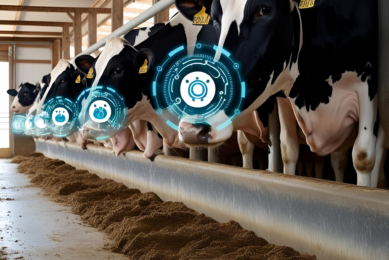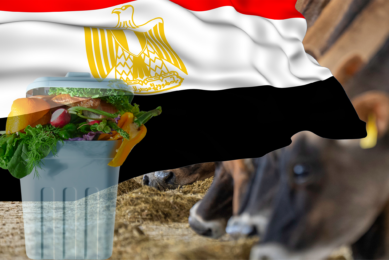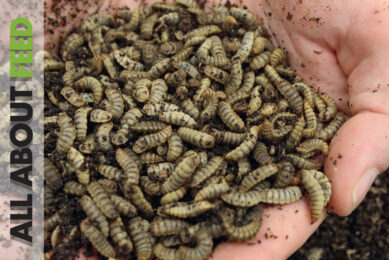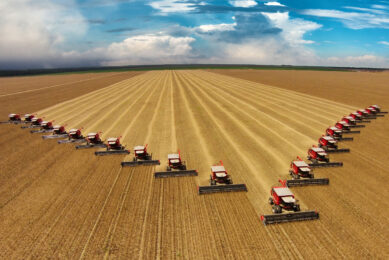Trade bodies voice concerns about EU’s Farm to Fork Strategy

European agri-food trade organisations have joined forces to show how they can contribute to the European Commission’s Farm to Fork Strategy which is due to come into force in 8 years.
They are concerned about the lack of a comprehensive assessment of the proposed changes and argue that solution-orientated policies, based on the available data, backed by innovation must be the way forward.
Innovation needs legislative & financial support
In the joint statement by nearly 20 organisations, they say European agri-food production is among the most resource efficient and sustainable in the world. With innovation and further support at the forefront of EU agricultural policy, farmers will and can continue to produce in an even more sustainable manner. But they warn that innovation cannot happen without the necessary legislative and financial support and the sector calls on EU policymakers to enable innovation as a driver of its Farm to Fork targets.
Acknowledging the differences & strengths
Animal feed trade organisation FEFAC said it was important for the EU to recognise that different farm animals and the different livestock farming systems all had their strengths, as they excelled differently in terms of nutrient and resource efficiency. In the effort to further boost the livestock sector’s role in circular economy, with its capacity to absorb residual biomass from other industrial food and non-food sectors, the EU should “keep in mind that efforts to boost the sustainability of energy production, with use of advanced biofuels, can impact the competitive access of the feed sector to residual biomass flows in the future.”
Enabling regulatory frameworks
Coceral, the European association of trade in cereals, oilseeds, rice and pulses, said it believed that standards established at the international level plus continuous dialogue with 3rd countries should inspire actions directed to harmonisation. Advancements in the fields of biotechnology and life sciences as part of green agriculture should ideally be reflected in enabling regulatory frameworks in due course.
Deforestation
The poultry sector’s AVEC – Association of Poultry Processors and Poultry Trade in the EU Countries – said a large part of the greenhouse gas emissions associated with poultry meat were coming from feed sources and so it was important to reduce its environmental impact by using more sustainable feed sources, including phasing out the use of feed associated with deforestation.
Circular supply chain
It also wanted to improve the efficiency of the sector (digestibility). The sector was also looking to make its supply chain more circular by using biogas and solar panels and more climate-friendly (on transport, packaging and the use of resources).
New seed varieties
The seed sector’s organisation Euroseeds said it needed a regulatory environment that encouraged plant breeding and delivered on quality assurance for customers and the speeding up of the development of new varieties, for which new genomic techniques were a crucial element.
Negative impacts for the agri-food sector
It has been concerned that several recently released studies have shown some of the Strategy’s targets will have negative impacts for the agri-food sector. The “HFFA Research GmbH” study that looked at plant breeding until 2030 and 2040 found that the full implementation of the Farm to Fork and Biodiversity strategies would potentially result in a reduction of agricultural crop production of more than 20% and demonstrated that plant breeding, driving socio-economic and environmental sustainability in the EU, can partially compensate production losses.
Consequences for the seed sector
And it cited the recent Wageningen University and Research study on the “Impact Assessment of EC 2030 Green Deal Targets for Sustainable Crop Production”, which found among other conclusions, that the seed sector, as the very first phase of the agri-food chain, would suffer the consequences of significant reduction in EU food production.
Nutrient efficiency will be key
Fertilisers Europe said it believed increased nutrient use efficiency will be key to meeting Europe’s ambitious goals of reducing nutrient losses while ensuring no deterioration in soil fertility: “This goal can best be achieved by increasing nutrient use efficiency and setting up nutrient management plans as well as development and uptake of on-farm precise fertilisation techniques,” it said.











